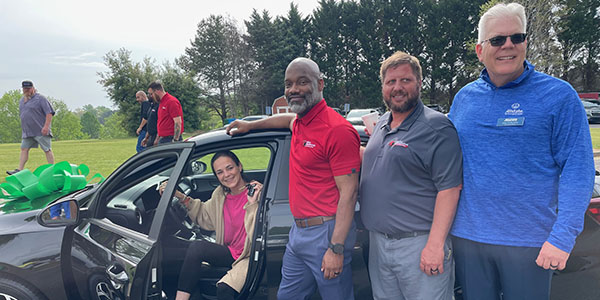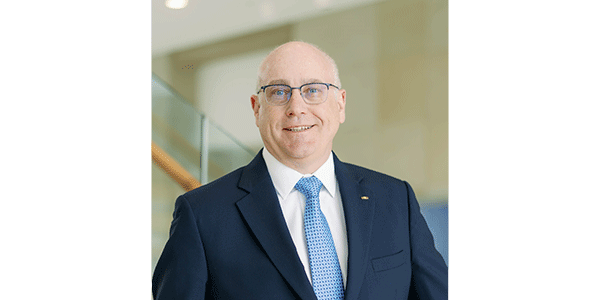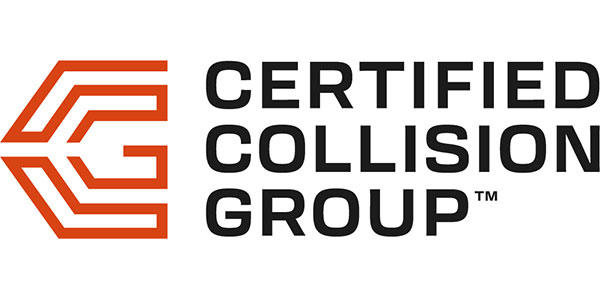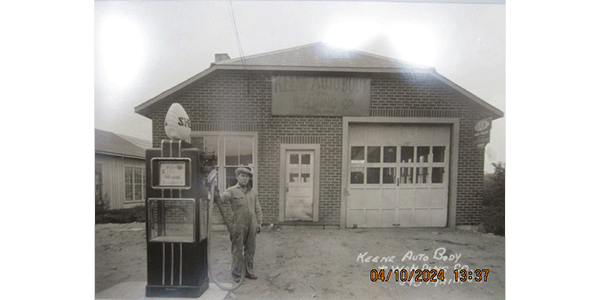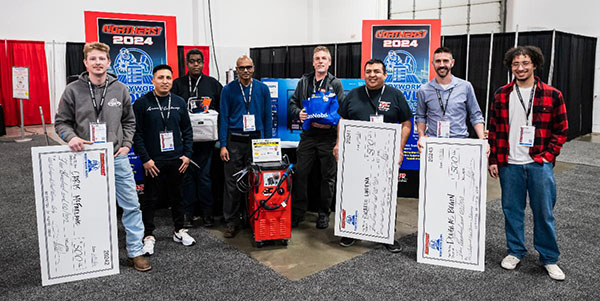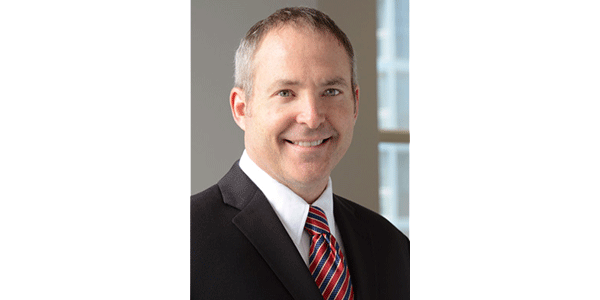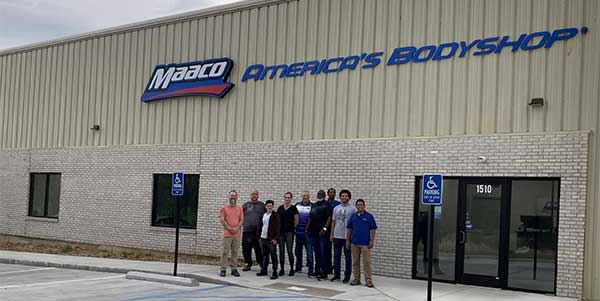An article that appeared in Property Casualty 360 and was written by the vice president for public policy for the National Association of Mutual Insurance Companies claims that the time from filing a claim to repair is typically shortened by about five to seven days if a consumer takes their vehicle to a DRP shop versus a non-DRP shop.
The article offered a brief history of how DRPs were started, with Robert Detlefsen, Ph.D., stating, “To mitigate the costs of vehicle repair, insurers have created direct repair programs (DRP). While DRPs have existed since the 1970s, the most significant growth came in the 1980s and 1990s. Recent surveys estimate 44 to 50 percent of body shops participate in a DRP. Among the shops that participate, nearly 57 percent of sales are referred by insurance companies. In a DRP, carriers identify and contract with body shops that are able to perform high-quality repair work. In exchange for referrals from the insurer, the body shop agrees to warrant repairs and provide consistently measurable standards of service and quality for each repair.”
The article then goes on to explain how DRPs can improve consumers’ claim experiences and increase the efficiency of handling claims.
“Repair facilities are screened by insurers before they are included in DRP programs. The insurer may require that the shop meet standards related to equipment, training, service and pricing. Therefore, DRP shops are likely to provide higher quality repairs and better service than a randomly chosen shop. Moreover, when using a DRP-approved repair facility, consumers are likely to receive faster repairs because time spent with claims adjusters and obtaining multiple estimates has been eliminated from the repair process.”
Tying in the supposed efficiency of DRP shops versus non-DRP shops, the article states, “The same efficient aspects of DRPs that enhance value to consumers also are likely to decrease costs. For example, expedited repair processes reduce claims costs by decreasing expenses for rental car benefits and by reducing the expense of hiring claim adjusters.”
The article also states that DRP shops are less likely to engage in fraud than non-DRP shops: “Further, it is likely that vertical contracts between insurers and body shops reduce the instance of insurance fraud. The most common forms of insurance fraud committed by body shops, often in concert with consumers, are called ‘burying the deductible’ and inflating damage estimates. When body shops bury deductibles, they hide that cost in the estimate so that the insurer – instead of the insured – pays it. Inflating damage estimates involves charging for work that will intentionally never be completed and parts that will never be installed. They may also inflate the estimate by causing additional damage to the vehicle so they will be paid to fix it.
“Because the DRP agreement enhances communication and aligns the incentives of insurers and body shops, the body shop is less likely to collude with its customers to defraud insurers. Because DRP networks partially align the interests of insurers and body shops and improve the flow of information between these parties, body shops gain less utility from colluding to commit fraud than those without DRP contracts. Hence, it is likely that DRP networks significantly reduce the price of insurance by decreasing the cost of fraud.”
To read the full article, click here.

